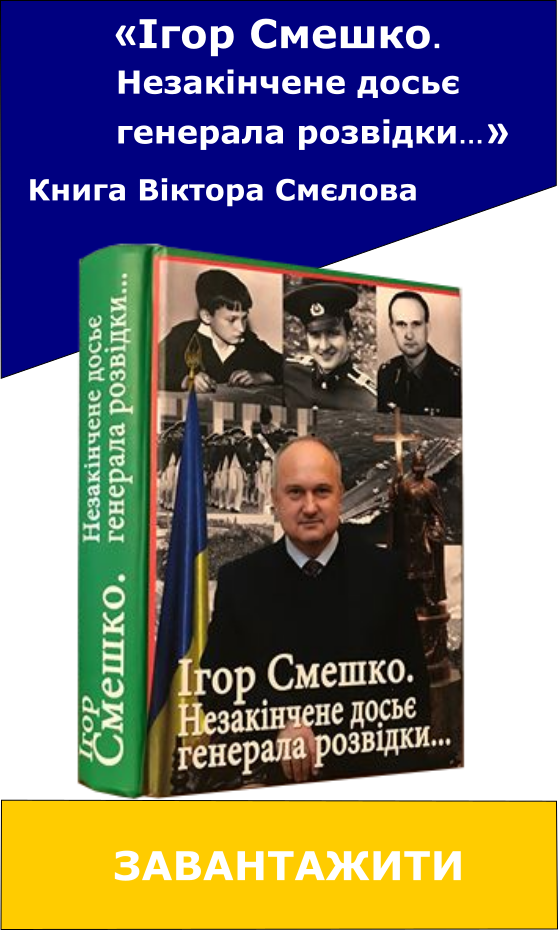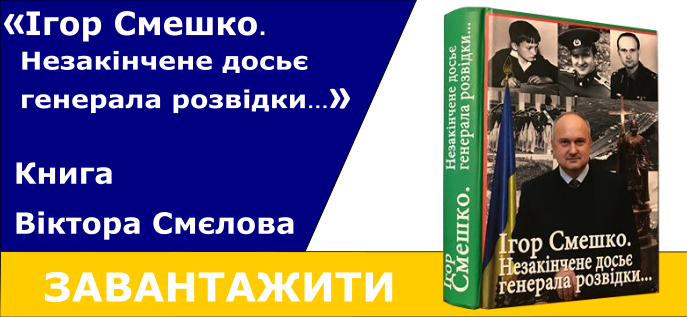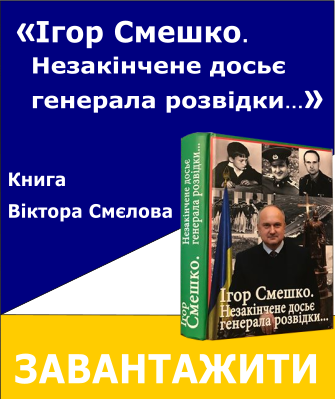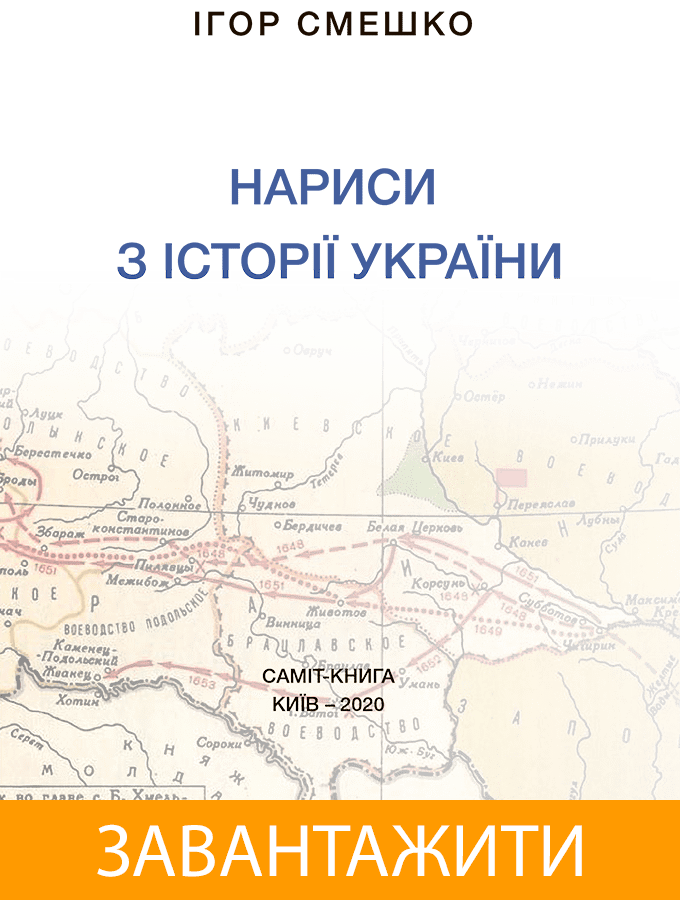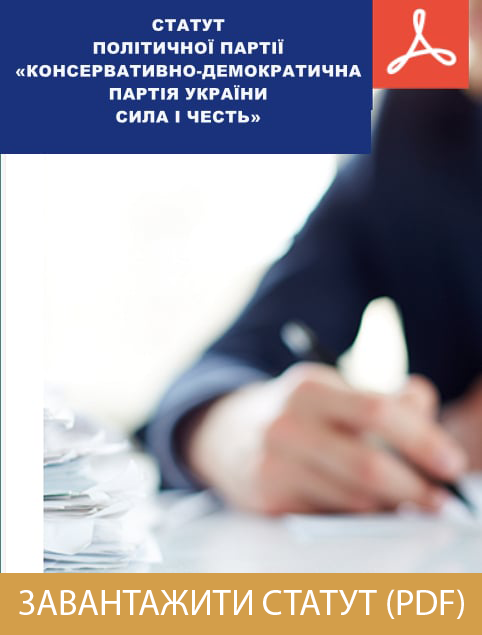Smeshko_YES_2014_1.mp3: this mp3 audio file was automatically transcribed by Sonix with the best speech-to-text algorithms. This transcript may contain errors.
Speaker1:
Okay. Thank you. First of all, about the NATO, here we have the second president of Ukraine, under which there was the first, our law on National security and defense, historically adopted in 2003. And we had from 2003 the main goal of US full membership in NATO. Yes, we had negotiations with the Russians. The Russians asked during the governance of President Kuchma a little bit to slow a little bit to change some quotes, but it remained that Euro-Atlantic integration, full integration in all structure of military. This is our national goal. But is ready or not.
Speaker2:
I don’t want to contradict you, but right now, unless I’m wrong. But right now, the official policy of this country is no bloc status. You actually done?
Speaker1:
It was done by the last president, which was course of the second Maidan revolution. The last president did change this, but basically he worked only in one way with the Russians. My personal opinion from the military perspective, of course, for us, NATO membership would be very good. But it’s ready NATO for this. And if NATO is not ready, if an official channels we didn’t prepare NATO for this, what they need, we need just to proclaim this. This is very, very special work. It’s supposed to be prepared. But of course, we need to have arguments also with speaking with the Russians, let’s say my opinion. This is personal opinion right now after Budapest Protocol, which was destroyed, I personally think we also supposed to think about the B-1s again, the nuclear power in the long term. And we have this capability.
Speaker2:
And you want to you want to re nuclearize your military.
Speaker1:
Only one the security and peace for my country. This country proved only one in the world that gave out the third nuclear arsenals of the world, by the way. No one historically didn’t invest. And the real security and defense that United States than my country. That was one of the.
Speaker2:
176 if I’m sorry, I don’t want to be too much like my HARDtalk persona, but I can’t resist.
Speaker1:
But we didn’t receive nothing.
Speaker2:
Yeah, but but the.
Speaker1:
Title is why.
Speaker2:
The title of this session is War in Ukraine. Could it become European or global? Surely the most frightening global prospect of all is Ukraine turning itself back into a nuclear power.
Speaker1:
No no no no. For the security of my country, we need something in exchange. What? What? We already, by the way, invested in global security. Let’s say president of Potomac Foundation, great American, I think Phil Karber and just read the US today. He wrote that he advised for the American government to sell to us, let’s say unmanned vehicle. Mq nine predator. This is real. The weapon. This is weapon. When column of Russians couldn’t just cross anymore the border, that is. I mean, we need something also real military help. We are not wanted to soldier of NATO would fight for us on our territory. But we need something. Not only diplomatic efforts to show to the Russian Federation. Listen, you have the army. You have approximately 100,000 servicemen which may attack. You wanted to win the war in Ukraine. 148 million people of Russian Federation, 48 million of my country. A year after the death of Stalin, we had Ukrainian insurance army which fought in the forests against the biggest army in the world. You wanted to win? Yes, you can get the Kyiv, but you cannot out of the cave. It would be the end of the Russian Federation. But all these arguments are supposed to be supported with restructuring air forces. Immediately restructuring of them. Having the Special Forces operation. Commander, General Staff is supposed to be organized, and we need just a weapon, which might help us to prove to our neighbor that we can defend ourselves.
Speaker2:
Right. I’m going to open it up to questions in just a moment. I just want to be clear. You want weapons, but are you also prepared to say that the Ukrainian military needs to restructure itself so that there can be confidence building for those people in the East who look at, for example, the activities of the Azov Brigade, and they fear that these guys.
Speaker1:
I got I got the question for me, my perspective, our territorial defense battalion is supposed to be immediately restructured. We need to grow the size of our armed forces. By the way, our Parliament didn’t want until now to increase our armed forces from 170,000 people. And we are conquering. Right now we are. We are inviting right now the battalions, basically volunteer battalions, which are not the part of the armed forces. I as professional officer, I couldn’t imagine how it’s possible battalions to fight without the commander. Structure, intelligence structure, support, structure, armaments. But until now this they are zero. They stopped the first invasion. But right now it’s supposed to be professionally reorganized. Armed forces supposed to give lead and be restructured, be properly armament and to make the real mobilization with the plan. Right.
Speaker2:
So restructuring a yes from you. Okay. Now I’m going to open it up for the rest of the panel discussion to you guys. We’ve got a great panel. I want your questions. I know Judith Miller is saying, Where’s Judith? Judith I know is lined up with a comment and I’d love to hear it from her. Many of you will know Judith Miller. Very experienced reporter, correspondent, New York Times, now Fox News. Judith, I don’t know if we can get a microphone to you. You kick us off with an opening thought or comment and then we’ll open it up to everybody else. So here’s the microphone for you, Judith.
Speaker3:
Thank you very much. And it’s a pleasure to be back here again. This is my second conference. The first was in Yalta. We’ve all talked about the changes that have taken place before then and now, not only Yalta versus Kiev, but last year, Maidan was just a square. And today it’s a symbol of a revolution and aspirations of the Ukrainian people. But last year, there was a large presence here at Yalta because we’re there still in spirit. There was a large presence from the Americans. There was Bill Clinton, there was Hillary Clinton, who spoke eloquently about the role of the United States and its relationship with the Ukraine. She spoke about Petro Poroshenko’s difficulties exporting chocolate to the Soviet Union, to to Russia. She spoke about the other problems and the American determination to stand with the Ukraine we had here, the former CIA director. We had here several officials this year. Not only is there no senior American official here this morning, there was very little discussion of the United States. The president, who is going next week to the United States, spoke of his meeting with Congress, not of his planned meeting with President Obama, which raises the question and this all important issue that we’re discussing of war and peace, whether or not the war in Ukraine can spread and whether or not the ceasefire can hold. What is the role of the United States? What do you on this panel expect from the United States and want the United States to do at this crucial moment in Ukraine’s history? Thank you.
Speaker2:
Okay. Thank you very much indeed. Well, I don’t know if you want a very quick comment and then I’m going to go to Igor Yurgens. But did you want to respond to the point Judy was making there? Very quickly, if you would.
Speaker4:
Well, I think the I think President Poroshenko is going to have a very good visit to Washington this coming week, and I hope he’ll get a very, very warm reception and be very, very well supported there. I don’t take anything from the fact that there are no senior U.S. officials here, because the United States right now is very much distracted by ISIS and the beheading of these two Americans. But I think the United States is like the rest of the countries in the West. It’s got to go through the process of coming to grips with this situation in Ukraine. It’s unfortunate that Ukraine is having to fight this the way it’s fighting it. It’s unfortunate that the military in Ukraine wasn’t more prepared for the invasion, but my hat’s off to the courage of the men and women in the armed forces and those volunteer battalions, because they did rally to the cause. I’ve been here. This is my third trip to Ukraine since March in Washington. We were told in March that no one in Ukraine would fight for their independence, and I think that colored a lot of the Western response. I don’t know who said that, but when I came here, I was told 500,000 Ukrainians had volunteered for service to protect the territorial integrity of their own country. That is a very strong political statement, and it will resonate. It may take weeks and months, but it will resonate even in Washington.
Speaker2:
All right, Wes, thank you very much. Igor Jurgens, I know you were keen to get in. Give us your question or your point.
Speaker5:
Well, I’m from Russia, and I think that I can claim that I’m part of campaign. Hands off Ukraine. I think that I thought that Russian TV against the Russian Nazis in favor of Ukraine. But I’m completely lost today. This morning, President Poroshenko said peace at any price. And then we will win Crimea by peaceful soft power. We will make our life better and Crimea will come back. That’s an option. Now I’m hearing that what it will take Russian, Hitler, Putin and Russian fascist. Almost the whole nation. If I if I if I heard Elvis right to to to pacify and to force them to sign something. Probably two nuclear bombs on our territory. Something like that. It’s scary. Gentlemen and ladies who are, who are, who are on this panel at the moment when we fought for this ceasefire with all the might of this little group of 15%, as my friend Greenberg said of Russian population. And we managed at the moment when 60% of Russians said resolutely no to any military action against Ukraine. Let’s start talking here at the moment when some bright people at the panel this morning said, let’s start economic cooperation. And through economic cooperation, let’s make it happen. You keep talking about army, about nuclearization, about nukes, about all that stuff. Tell me please, who is right and who is wrong. Is Poroshenko is the guy who is going to lead Ukraine against Russia for the peaceful resolution, or somebody else will nuclearize and call Russians fascists and Putin Hitler?
Speaker2:
Yes. Well, thank you very much for that. And I think it’s an important intervention. And I want to hear Yulia Tymoshenko take it on immediately, if you would. Yulia Tymoshenko.
Speaker6:
I think that Ukrainians absolutely clearly divide Putin and his retinue from Russians who have courage to go out to the streets and to the Red square with slogans against war in Ukraine. I want to tell you that we appreciate very much the position of that part of Russia that is now on the guard of Ukraine’s independence and peace on our territory. This is very courageous, and I want to thank you on behalf of Ukrainians. As for peace, we have a protocol signed in Minsk. It’s called the Minsk Protocol. This is a great hope for peace. But let us open the official information and we’ll see that the Council of National Defense and Security of Ukraine has detected 86 cases of the violation of the ceasefire, which means that Ukrainian military are holding to the conditions of the ceasefire. And at this very time, the Russians are shelling them. And this means that this protocol, regrettably, is not the answer to the question, because over the last days, the territory seized by Russian army on the territory of Ukraine has grown by 15%. And this means that they use the ceasefire not to continue ceasefire, but in order to move forward and realize the way mapped out by Mr. Putin When I was listening to General Clark about the nuclear weapons, I thought that Ukraine has made a fundamental historical mistake.
Speaker6:
When we were signing our rejection of nuclear weapons, we had to sign at the same time the joining of NATO by Ukraine, not the Budapest Memorandum. And today we would have a very different prospect for the future. But the time has not passed yet. And today we should think not only about temporary ceasefire, but about the fact that even if this protocol is partially fulfilled, there is no guarantee that other regions of Ukraine will follow suit, like Crimea and Donetsk and Luhansk regions. With their suggestion there could be destabilized and they could be occupied by the Russian army. Of course, Ukraine should do a lot together with the democratic Western world. And I think that first we should change the essence of the sanctions. Long term and weak sanctions lead to economic and financial distortion of companies in Europe, but weakening of companies in Europe. But they do not hamper they do not damage Putin and his regime. We should switch to short term and very powerful sanctions that should deliver a blow on the aggressor and stop them. Secondly, we should immediately change the format of the negotiations. I cannot I categorically cannot agree with the fact that Ukraine there is talking head to head to Putin, and even with the three countries that represent the customs union, we should go back to Geneva format with the participation of US, Europe and Russia.
Speaker6:
And this can reformat the issue of looking for the way to peace. I also want to say that Ukraine and Ukrainian patriots, practically with their bare hands, are fighting the highly developed, high technology Russian army. If the world is not ready to join the war for the favor of their own values and peace in the world, order with their weapons, please arm Ukraine with the most modern weaponry at the expense of Ukraine. We have the right to at least buy the weapons and be protected and stand for our land and our values in a strong and effective way. I believe that Ukraine will manage, but we should start the way to NATO today and make it as short as possible. Put away all your doubts. Putin is the best integrator of Ukraine into NATO and European Union at the moment, because at the beginning of the war, only 13 to 15% of Ukrainians were in favor of joining NATO. Now over 70% of Ukrainians are ready to join NATO. Just open the doors, just accept us as we are and mentally and in values. We are with you, but we want to be together with you in the system of collective security as well.
Speaker2:
I have to fall upon my sword as moderator and confess that timing has defeated me. We’re pretty much out of time, and I know people have questions. Unfortunately, we don’t really have time for them. I just want to end with one quick and I emphasize quick and short comment from each of you. I think in the exchange between Igor Yurgens and Yulia Tymoshenko, we have heard that the two different visions of what has happened and where this confrontation stands right now are so far apart that for me, it’s difficult to say that this conflict is over, that peaceful means can now be found to move this crisis forward. I want each of you on the panel very quickly to tell me, do you believe that from here on, we are looking at a political process? Or do you fear that the military confrontation will resume? I wonder each of you to give me a very quick response to that, starting with you, Ihor.
Speaker1:
Your conflict cannot be resolved very shortly. I am praying for the diplomatic solution as soon as possible, but this is not a conflict between Russia and Ukraine. This is a conflict between two civilizations. Maidan 2004. Maidan 2013. Just afraid very much. Rules of Kremlin democracy came to the border. And that is this is conflict of two civilizations and conflict of two civilizations supposed to participate in of civilization. And it will not be ended just there would be just another pridnestrovie or something in this scenario. This is the conflict of civilization.
Speaker2:
All right. Well, that, frankly, is quite a bleak outlook, I would say. Wes Clark, give me your assessment politics from here on, or do you fear a resumption of military confrontation?
Speaker4:
I don’t think we can. We really know. And I don’t think Mr. Putin actually knows. I think it depends in large part on how the ambiguities in the ceasefire are resolved. But I do think the odds for a continuation of military conflict will be reduced if Ukraine can strengthen its ability to defend its own territory in the interim. Now. I think every one of these conflicts has to be ended by diplomacy. I think Ukraine must have a relationship with Russia. That’s a positive relationship. There must be an economic dimension to that relationship, and there must be economic development, obviously, in Ukraine. So we’re at a difficult juncture. We’re just at the point where there’s an in the military terms, we call it an operational pause. We can’t tell whether Putin has taken a ceasefire for pragmatic reasons because he says, well, you know, I tried out my troops. They were good with the artillery. I didn’t like their tank performance very well. We didn’t have the Spetsnaz really under control. Pull them back. Take six weeks, get reorganized, and we’ll make the run for Mariupol and Odessa. Maybe that’s in his mind. We don’t know. But whatever is in his mind, he’s more likely to seek a peaceful solution if the door to a military solution is closed. Now, with that, let me just make one more point, because I heard what Yulia said. I brought up General Douglas MacArthur and the surrender ceremony in Japan not to talk about nuclear weapons, but to say that every conflict must be ended by diplomacy. This one must be ended by diplomacy. And I applaud President Kuchma and his leadership and President Poroshenko for seeking that diplomacy. We’ve just got to follow through and give them the means to get it done the right way.
Speaker2:
Wes. Thank you. Joschka Fischer, your analysis on what happens next.
Speaker5:
Well, I think Europe is moving.
Speaker7:
In the right direction. America is strongly engaged. Also very positive. Nato has moved in the right direction. Ukraine today is closer to Europe, closer to the West than in the decades before. Let’s be frank. And I think this is a very important development. Let me raise one question. Is Vladimir Putin more concerned about security restructuring in the Ukrainian armed forces or about victory of Ukrainian democracy, and at the end, a successful economic recovery and a successful economic modernization? He is more concerned about democracy and an economic success in Ukraine. That’s the way I understood the Ukrainian president this morning. So we should really rely on that. I think from a strategic point of view. Success in the economic development and democratization, in the efficiency of the administration is a key element in these confrontations. Therefore, I think we will miss if we rely heavily on the military issue. We will miss this opportunity.
Speaker2:
Okay. Thank you, Joschka and Julia. Finally, just one week ago, as the ceasefire was being signed, President Poroshenko said to me. He said, Stephen, understand. Ukrainians must understand there is no military solution. Are you prepared to accept that?
Speaker6:
And naturally, a defusing of the conflict may be only diplomatic, but from the position of a certain force, if we negotiate about peace from the stance of capitulation, that will not stop Putin, that will empower him, and he would resolutely move forward. Negotiations Asians are the only way to put an.
Speaker8:
End to war, but only when we manage to defend our territory. Presently, the Ukrainian people believe that not an acre of the Ukrainian land is to be surrendered and that the proposed peace cannot be gained at the expense of our sovereignty, sovereignty or continuation of our European integration. We can gain peace only if we put Putin in his place.
Speaker2:
We’ve had a lot of passion in this particular debate. I expected it, and I welcome it because the stakes are so high, the issues so important. And I think our panelists and our contributors as well, from the floor, managed to bring out just how important this debate is for this country, for this region, and indeed for the world. So, panelists, thank you very much indeed. Please give him a warm hand. Thank you very much.
Sonix has many features that you’d love including powerful integrations and APIs, automatic transcription software, generate automated summaries powered by AI, automated subtitles, and easily transcribe your Zoom meetings. Try Sonix for free today.








